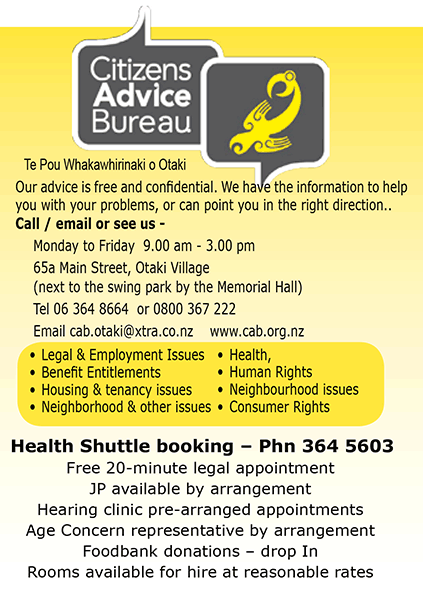 New changes to the Family Court will affect how the Court can help separating parents (or other caregivers such as grandparents) who can’t agree on the day to day care arrangements of their children. This is part of what is now referred to as “family justice”. Most disputes about the care of children can be settled out of court, and cases that do end up in the Family Court won’t necessarily result in a formal hearing with lawyers present.
New changes to the Family Court will affect how the Court can help separating parents (or other caregivers such as grandparents) who can’t agree on the day to day care arrangements of their children. This is part of what is now referred to as “family justice”. Most disputes about the care of children can be settled out of court, and cases that do end up in the Family Court won’t necessarily result in a formal hearing with lawyers present.
For most couples, the process of resolving a care of children dispute will follow this path:
- Completing a Parenting Through Separation (PTS) course
- Mediation through a Family Disputes Resolution provider
- Applying to the Family Court for a parenting order
Couples can exit at any stage once they have come to an agreement. In general each step has to be completed before you can go to the next (there are exceptions, for example if mediation is not appropriate then you would omit the mediation step; if domestic violence is involved you would probably omit the first two steps and get yourself a lawyer).
If your dispute does get to court, you’ll most likely be expected to file your court documents yourself, and represent yourself in court (except at a formal hearing or otherwise directed by the judge).
New services to help you
The Parenting Through Separation (PTS) course has been expanded. Courses are run by community groups such as Barnardos, Relationship Aotearoa.
It is designed for adults but not for former couples to attend together. Children can’t attend.
When you book, your provider will also try to contact your ex-partner to suggest they do the programme as well. This will happen only if you give your permission
Family Disputes Resolution (FDR) is the new mediation service. You have to go to an approved FDR provider for mediation and it’ll cost you unless you are eligible for funding. If you’re eligible for funding, you’ll have to be sure to choose an FDR provider who provides a funded service. Before the mediation actually begins, the mediator will do an assessment to check whether mediation is appropriate in your situation. For example, if domestic violence is involved you’ll probably be exempted from this step.
Family Legal Advice Service (FLAS) will provide up to four hours of free legal help to individuals who are eligible for funding. This includes:
- help with completing court forms for filing
- guidance about the court process general advice about your rights and options
FLAS will be especially useful if you need to file an application to the Family Court for a parenting order, since you’ll be required to do this yourself. It’s worth noting that even if you are eligible, you can only access FLAS once in a 12 month period.
The above services are by self-referral; you can find providers of PTS courses, FDR mediation and FLAS on Justice Family website : www.justice.org.nz/family-justice
For help and more information visit your local CAB, phone or email us

